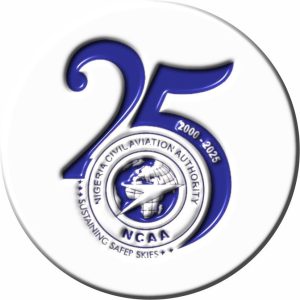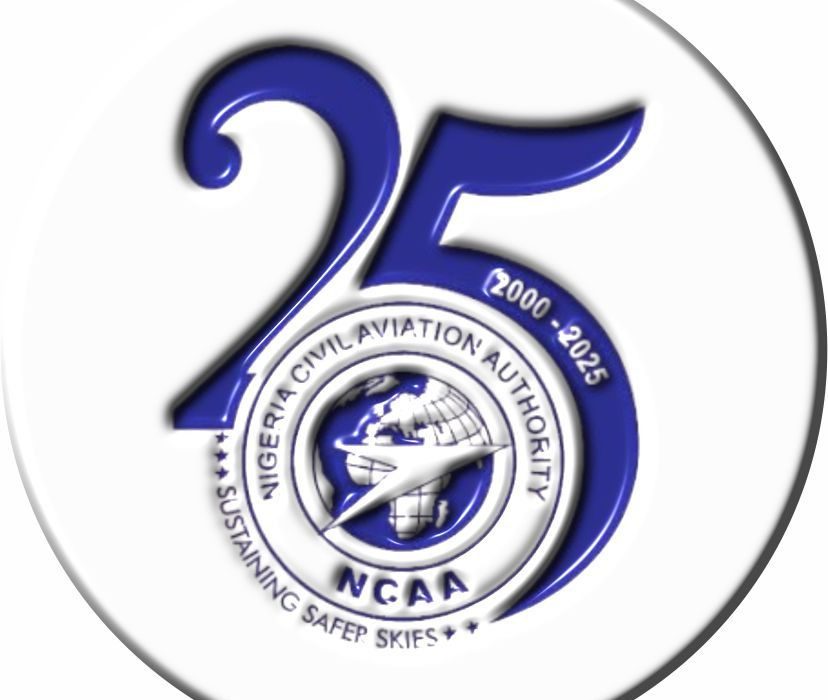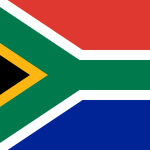
There is cause for celebration as the Nigeria Civil Aviation Authority (NCAA) clocks 25 years, even though the 25 years was full of challenges and successes, which include many accomplishments and some failures in terms of the high record of accidents and serious incidents that happened within the period.
But the regulatory authority may have got it right somewhat because these days it has taken pre-emptive measures to ensure that what may lead to mishaps is stopped in its stride.
Good examples are the actions taken last year and this year against the airlines that did not have the finances to conduct safe flight services.
NCAA insisted on stringent conditions that must be met before an airline put an airplane into the skies and also that airlines must operate the services they were designated for.
Going back into the history of the regulatory authority, the Nigeria Civil Aviation Authority was created by an Act of Parliament in 1999, with among others, perform statutory responsibilities of ensuring regulation, monitoring and promotion of the safety, security, economic and reliability of air navigation oversight in line with International Civil Aviation Organisation (ICAO) Standard and Recommended Practices (SARPs). The Authority effectively commenced operations on 1st January 2000.
One of the major challenges of NCAA was to stop aircraft from falling from sky. To achieve this, it had to secure a level of autonomy to stop the interference of politicians. It was able to achieve this through the Nigeria Civil Aviation Act, 2006, which empowered the agency to make regulations guiding the aviation industry and as such established the Civil Aviation Regulations 2015.
The Civil Aviation Act 2006 granted NCAA autonomy. It was passed by the National Assembly in 2006 and assented by the President. The import of this is that the NCAA is not only empowered to regulate aviation safety without political interference but also to carry out oversight functions of airports, airspace, meteorological services, etc. as well as economic regulation of the entire industry.
This act helped NCAA to stamp itself firmly on the ground as effective regulator of the industry. Luckily it was under the tenure of the former Director General of NCAA, Dr. Harold Demuren, that the act was passed. He epitomised this act by making sure that the old tradition of airlines calling highly placed politicians to influence the decision of NCAA was stopped. Demuren was not afraid of losing his job; so, he could brow-beat anyone who wanted to intimidate him.
That was when the good story of NCAA started because accidents involving schedule commercial airlines were significantly contained. In fact, there were few accidents after that, which included the Beechcraft 1900D plane with registration mark 5N-JAH belonging to Wing Aviation crashed in Cross River State. The wreckage was not found until six months after.
Then the most tragic of air crashes in recent time in Nigeria happened on Sunday, June 3, 2012, when the nation was thrown into mourning, as a Dana Airlines Flight 9J 992 carrying 153 passengers on board crashed into Iju-Ishaga, a densely populated residential area of Lagos, killing all passengers on board,

Also, on October 3, 2013, an aircraft belonging to the Associated Airlines conveying the corpse of the former Ondo State governor crashed, minutes after take-off at the local wing of the Lagos Airport. The plane had 20 people onboard.
But since 2013, there has not been any major accident involving commercial airlines in Nigeria. Yes, a lot of helicopter crashes; mishaps involving cargo planes: aircraft overshooting the runway and others.
Within this period also, NCAA recorded invaluable achievements. Nigeria achieved Category 1 air safety rating from the US Government under the Federal Aviation Administration’s (FAA) International Aviation Safety Assessment (IASA) program in 2010. The FAA Cat 1 Safety status enables Nigerian carries to fly to the US and for US carriers to fly to Nigeria. This means that Nigeria complies with international air safety standards set by the International Civil Aviation Organization (ICAO), the United Nations’ technical agency for aviation that establishes international standards and recommended practices for aircraft operations and maintenance. Before then, US airlines were not coming to Nigeria because the airspace was deemed unsafe and Nigerian airlines were not allowed to fly to any destination in the US. The Category 1 status opened the door for both US and Nigerian airlines to fly to both countries.
An IASA Category 1 rating means a country has the laws and regulations necessary to oversee air carriers in accordance with minimum international standards, and that its civil aviation authority equivalent to the FAA for aviation safety matters meets international standards for technical expertise, trained personnel, recordkeeping, and inspection procedures.
When Dana Air operation was suspended, some critics were asking why. They did not realise that economic regulation is a critical part of what NCAA does. Part 18 of NCAA regulation provides for the rules governing the administration, licensing, permits, registration and economic assessment of air transport activities.






